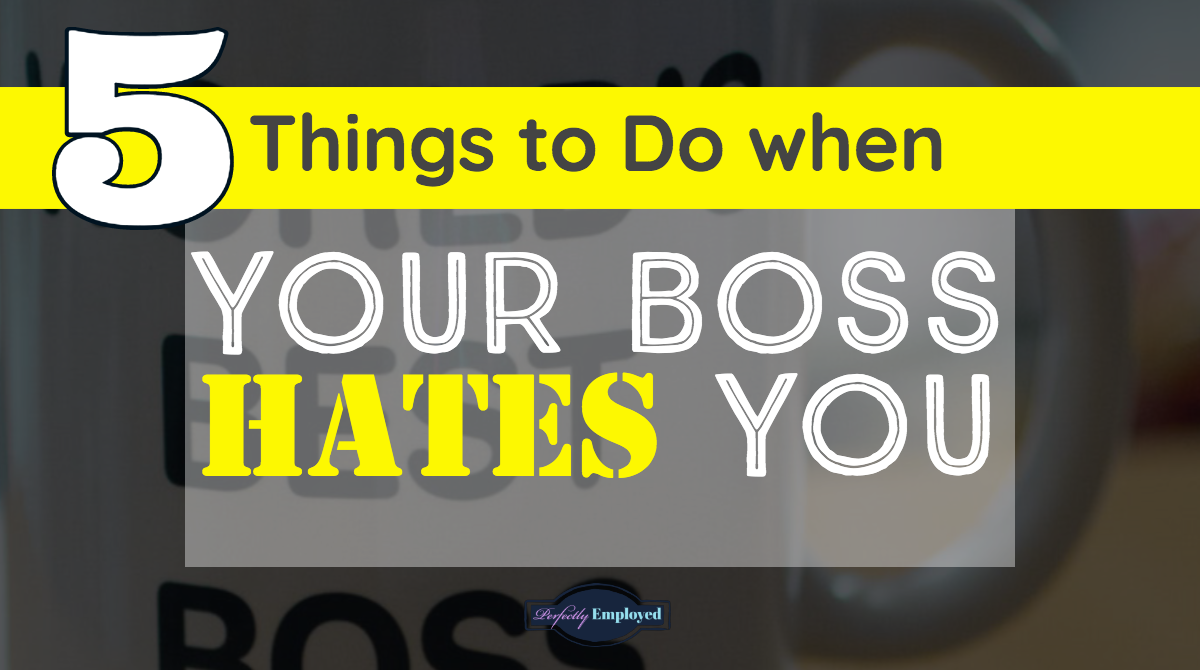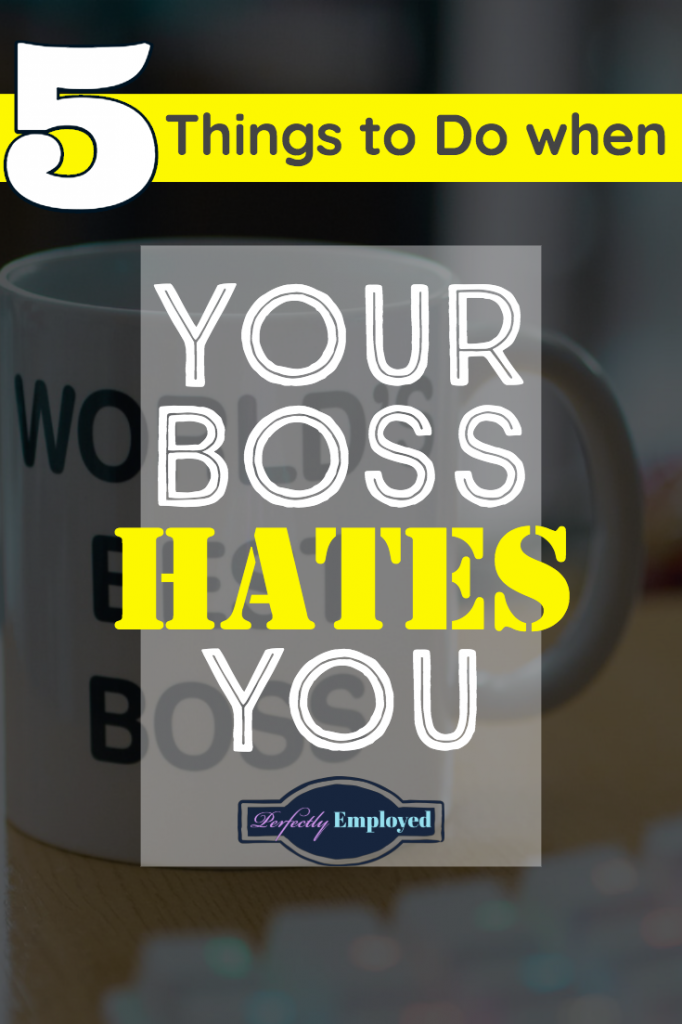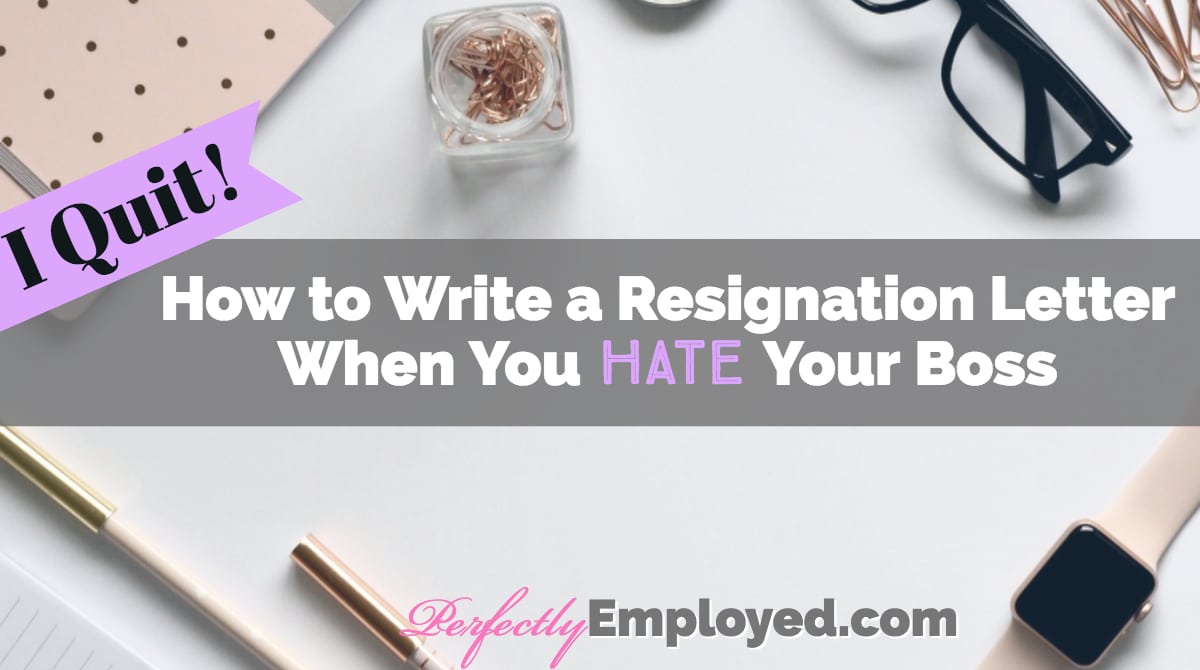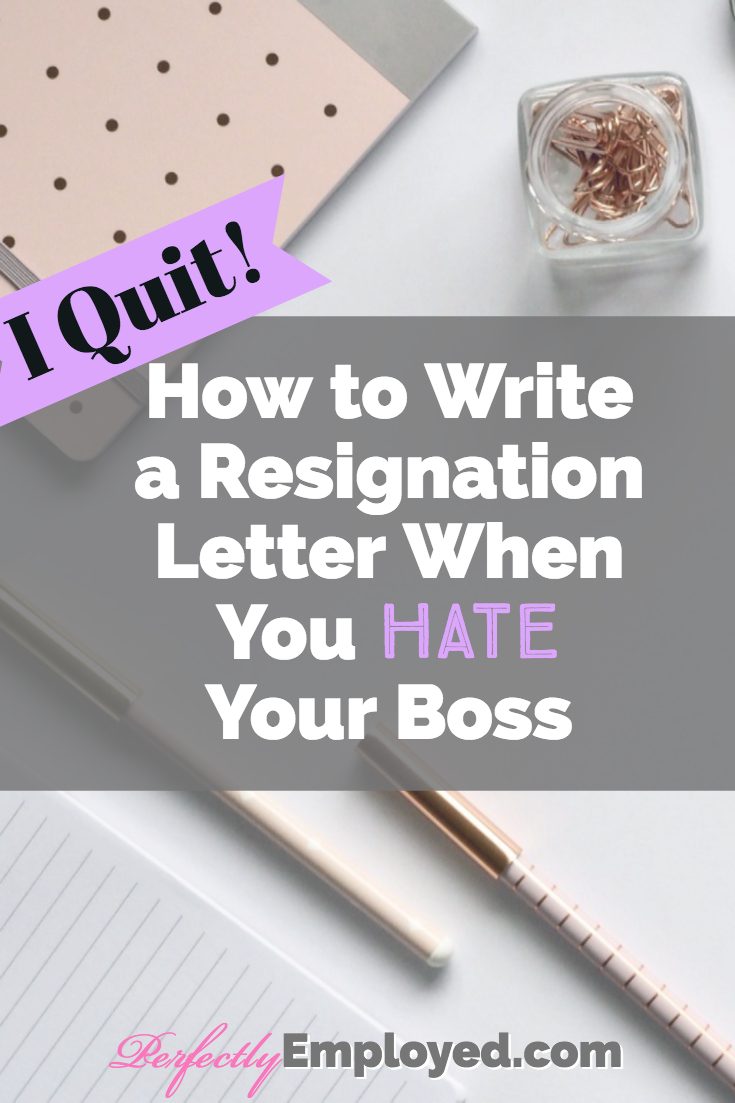
If you’ve been working in the business world for any length of time, chances are that you’ve had a boss who absolutely hates you. You know the boss I’m talking about—the condescending jerk who won’t listen to a single one of your ideas and criticizes everything you do. You can’t do anything right, and every muscle in your body contracts when he or she walks into the room.
If your boss is making your life a living nightmare, there are a few things you can do about it before you start crafting your resignation letter.
1. Make Yourself Indispensable, not Invisible
If your boss yells at you as soon as he sees your face, your first instinct might be to hide, but don’t—it will only make the problem worse. Instead, make a list of the things your boss complains about, and make sure you do those things preemptively, before he checks.
Then, make yourself indispensable to your boss by anticipating his needs and acting to make his life easier. If you know he’s doing a presentation on Friday with a client, go ahead and pull the data he needs on Monday or Tuesday and set it up in a PowerPoint slide. If he has to put in a supply order on Thursday, don’t wait until he asks what you need—email him a list on Tuesday.
The point is, don’t just show up to work and do the bare minimum. Bosses hate that. Besides, there has to be a reason why your boss is being nasty. His boss could be pressuring him. His personal life could be falling apart. You don’t know, and at the end of the day, your job is to support your boss and his/her initiatives, so do the best job you can.
2. Be Kind
You can’t control your boss’ actions and attitudes, but you can definitely control yours! Choose to be kind. When your boss throws negativity your way, end the conversation by asking if there is anything else you can do for her today.
Make thoughtful gestures. When you pick up your morning coffee, spend a little extra to buy the Coffee Traveler at Starbucks to bring the good stuff for the entire office. Be sure to pour the boss a cup and take it to her. If she’s not a coffee drinker, figure out what her “thing” is. It might be chocolate, donuts, tea, or soda. It’s a small gesture, but it can go a long way in changing your boss’ attitude towards you.
Think about the small talk you have with your boss. Are you an active listener? Do you know her kids’ names? Is there a sports team she follows? Is she planning a trip somewhere exotic? Always be interested in the things going on in your boss’ life. While it may not seem important, remembering the details shows the boss that you truly listen to her and have her back.
3. Inspire Camaraderie with Your Coworkers
When the boss goes on a tirade, it’s tempting to trash him behind his back with your coworkers. However, you have more class than that (right?). Trashing your boss makes you look petty, and your coworkers will remember it. Save your vent session for after work, with your friends or therapist.
However, you should create professional camaraderie with your coworkers. It will help you on the hard days to be surrounded by positive relationships. You can inspire camaraderie by supporting your coworkers, because the chances are good that the boss who hates you also hates them, too.
If you see the boss berate a coworker for not finishing a task, offer to help your coworker catch up. If you see a coworker working through lunch, offer to bring her back something to eat from the café down the street. If you notice a coworker working late, ask if there is anything you can do for them. Even if you can’t stay late, you may be able to pick up dry cleaning on your way or make an important phone call for them when you get home.
Creating a supportive office environment can make weathering the storm of a negative boss a lot easier for everyone.
4. Gather Your References and Update Your Resume
Of course, if you’ve tried absolutely everything, and your work situation is simply unbearable, it’s time to clean up your resume and gather your references.
If you’ve worked towards creating a supportive office environment, you will have a wealth of coworkers who are willing to write reference letters for you. Start gathering them, and as you do, offer to do the same for your coworkers. If you have three strong references you can use throughout your job search, you will do fine.
As for your resume, make sure it is up to date and looks modern. Make sure you customize it for each job advertisement’s keywords, too.
5. Let Recruiters Know You’re Open to other Opportunities
LinkedIN has a feature you can turn on to let recruiters know you are looking for opportunities. Start talking to recruiters as soon as you can. Be careful, though—they will ask why you are leaving your current job, and the last thing you want to say is, “my boss hates me.” Instead, tell them you are looking for a new challenge. It’s not a lie—you are looking for a challenge besides contending with a boss that hates you.
Know Your Options
When your boss hates you, your options are generally to either stay in the job and make the best of it or look for a new job. However, if you are being harassed, be sure your first stop is the HR office. No one has the right to abuse you, even if they are your boss. If you don’t feel comfortable reporting your boss, find a new job. Don’t stay in a toxic situation—your health and wellbeing must always come first.
Save to Pinterest






